Set during the summer of 1957. Ex-racecar driver, Enzo Ferrari, is in crisis. Bankruptcy stalks the company he and his wife, Laura, built from nothing ten years earlier. Their tempestuous […]

Set during the summer of 1957. Ex-racecar driver, Enzo Ferrari, is in crisis. Bankruptcy stalks the company he and his wife, Laura, built from nothing ten years earlier. Their tempestuous […]
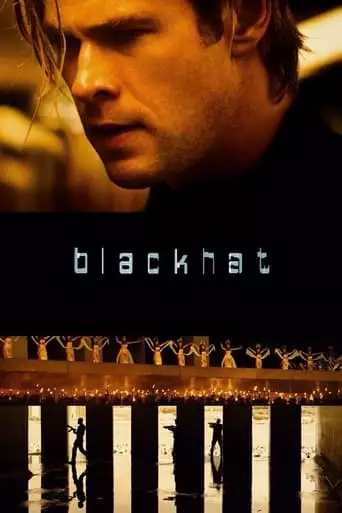
Nicholas Hathaway, a furloughed convict, and his American and Chinese partners hunt a high-level cybercrime network from Chicago to Los Angeles to Hong Kong to Jakarta. As Hathaway closes in, […]
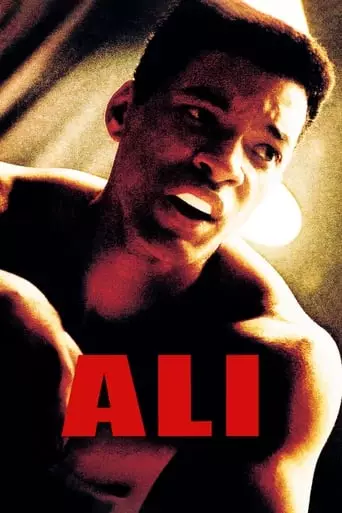
In 1964, a brash, new pro boxer, fresh from his Olympic gold medal victory, explodes onto the scene: Cassius Clay. Bold and outspoken, he cuts an entirely new image for […]
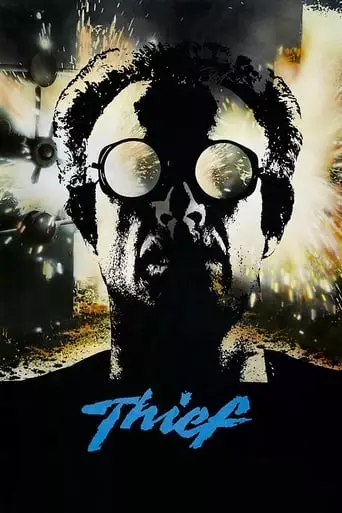
Frank is an expert professional safecracker, specialized in high-profile diamond heists. He plans to use his ill-gotten income to retire from crime and build a nice life for himself complete […]
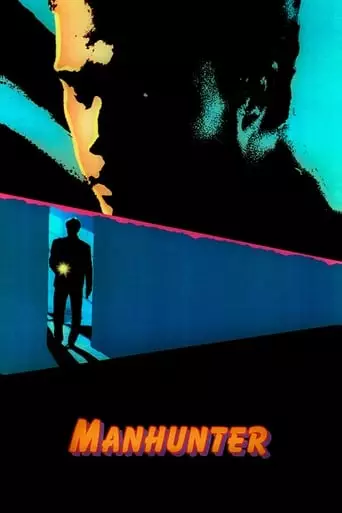
FBI Agent Will Graham, who retired after catching Hannibal Lecter, returns to duty to engage in a risky cat-and-mouse game with Lecktor to capture a new killer.
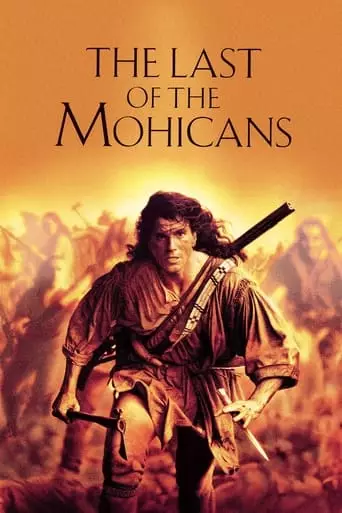
In war-torn colonial America, in the midst of a bloody battle between British, the French and Native American allies, the aristocratic daughter of a British Colonel and her party are […]
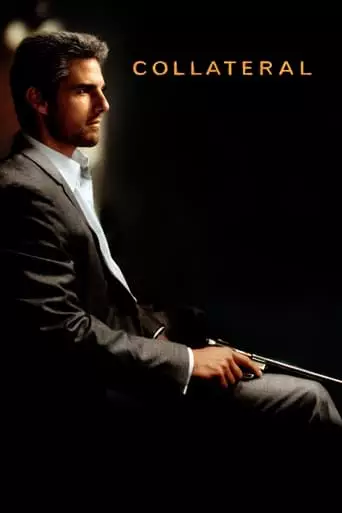
Cab driver Max picks up a man who offers him $600 to drive him around. But the promise of easy money sours when Max realizes his fare is an assassin. […]
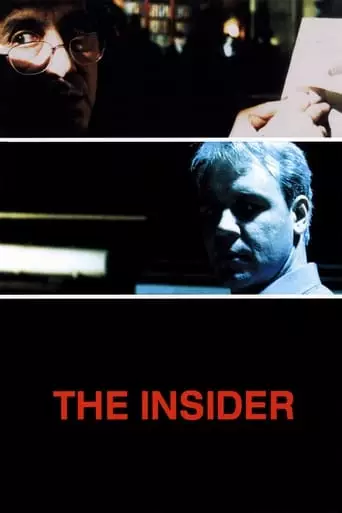
A research chemist comes under personal and professional attack when he decides to appear in a 60 Minutes exposé on Big Tobacco.
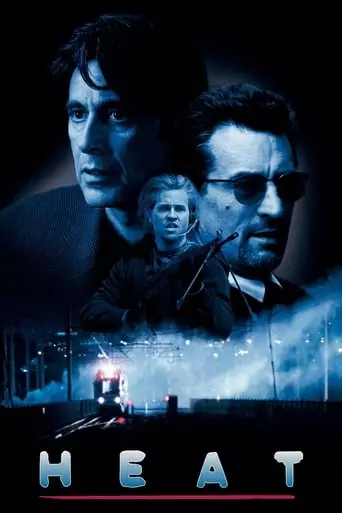
Obsessive master thief Neil McCauley leads a top-notch crew on various daring heists throughout Los Angeles while determined detective Vincent Hanna pursues him without rest. Each man recognizes and respects […]
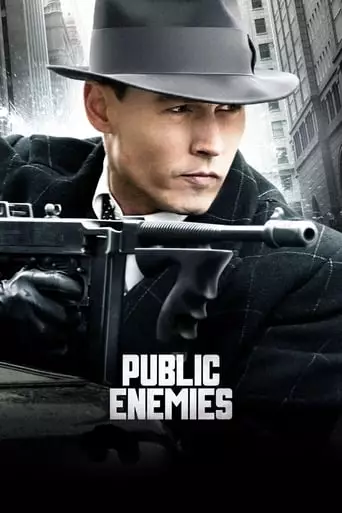
Depression-era bank robber John Dillinger’s charm and audacity endear him to much of America’s downtrodden public, but he’s also a thorn in the side of J. Edgar Hoover and the […]
Michael Mann: The Maestro of Style and Intensity
Michael Mann is a filmmaker renowned for his meticulous craftsmanship, atmospheric storytelling, and deep psychological exploration of his characters. Over a career spanning five decades, Mann has carved out a unique space in cinema, creating films that are as visually stunning as they are narratively complex. From gritty crime dramas to historical epics, his work is defined by a commitment to realism, an obsession with detail, and a signature visual style.
Early Life and Beginnings in Film
Michael Kenneth Mann was born on February 5, 1943, in Chicago, Illinois. Raised in a city steeped in architecture and urban dynamism, Mann’s surroundings would later influence the distinct visual aesthetic of his films.
He attended the University of Wisconsin-Madison, where he studied English literature and developed an interest in film. Later, he pursued a master’s degree at the London Film School, where he honed his skills in filmmaking. His early work included commercials and television, most notably his work on Starsky & Hutch and the creation of the iconic series Miami Vice (1984–1990).
A Filmmaker of Iconic Crime Dramas
Mann is best known for his exploration of crime, obsession, and the moral gray areas that define his characters. His crime dramas have become benchmarks of the genre, offering unparalleled depth and style.
Thief (1981): Mann’s directorial debut, starring James Caan, established his signature style: urban landscapes bathed in neon lights, meticulous attention to detail, and morally complex protagonists.
Heat (1995): This modern crime epic, starring Al Pacino and Robert De Niro, is widely regarded as one of the greatest films in the genre. The meticulous planning of heists, the intense cat-and-mouse dynamics, and the existential loneliness of its characters created a masterwork that continues to influence filmmakers.
Collateral (2004): A taut thriller set over one night in Los Angeles, Collateral featured Tom Cruise in one of his most chilling roles as a contract killer and Jamie Foxx as the cab driver caught in his web.
Beyond Crime: Historical Epics and Character Studies
While crime dramas dominate Mann’s oeuvre, he has also ventured into historical and biographical storytelling with equally compelling results.
The Last of the Mohicans (1992): A sweeping historical epic set during the French and Indian War, this film showcased Mann’s ability to combine action and romance with lush cinematography and historical authenticity.
Ali (2001): This biographical drama about Muhammad Ali, starring Will Smith in an Oscar-nominated performance, reflected Mann’s fascination with larger-than-life figures and their struggles against societal forces.
Public Enemies (2009): Chronicling the life of gangster John Dillinger (Johnny Depp), this film blended historical drama with Mann’s signature focus on the relationship between adversaries.
Aesthetic Vision and Technical Mastery
Michael Mann’s films are often praised for their visual and auditory artistry. He has a distinct ability to transform urban landscapes into characters in their own right, using wide shots, dramatic lighting, and immersive soundscapes.
Realism in Action: Mann is known for his insistence on authenticity, whether it’s his actors undergoing rigorous training or the use of live ammunition during shooting practice to lend realism to action sequences.
Digital Pioneering: With Collateral and Miami Vice (2006), Mann embraced digital filmmaking early on, using its capabilities to enhance the realism and texture of his visuals, particularly in low-light urban settings.
Music Integration: Mann often collaborates with composers and curates soundtracks that elevate the emotional and atmospheric intensity of his films, blending contemporary and classical influences.
Themes: Obsession, Isolation, and Moral Ambiguity
Mann’s films often delve into the lives of individuals who are defined by their obsessions—professionals who are the best at what they do but pay a steep personal price. His protagonists, whether criminals, law enforcement officers, or historical figures, exist in moral gray zones, wrestling with personal codes of honor and the demands of their environments.
Cultural Impact and Legacy
Michael Mann’s influence extends beyond the screen, shaping how crime stories and urban dramas are approached in modern cinema. His focus on character psychology, coupled with his groundbreaking technical methods, has inspired filmmakers worldwide.
Notable accolades include multiple Academy Award nominations and widespread critical acclaim. Despite not being a prolific director, Mann’s relatively small filmography is a testament to his dedication to quality over quantity.
Conclusion
Michael Mann’s films stand as a testament to the power of visual storytelling and the depth of human complexity. Whether exploring the dynamics of a high-stakes heist or the inner turmoil of historical figures, Mann’s work resonates with intensity and artistry. With his uncompromising vision and ability to blend spectacle with substance, Michael Mann has secured his place as one of cinema’s most influential directors.